You learn everyday.
This technique uses a cup/ glass to separate mango cheek from flesh.
You begin by slicing off the mango cheeks. I aim for as close to the stone/seed as possible so I leave very little behind.
Once you’ve sliced off as many mango cheeks as you want, get a cup or glass to try out this is nifty technique.
If using glass, a strong one works well – fragile wine glasses may break with ease – be advised :).
Just-ripe and ripe mangoes are easy to work with using this technique. I need to try it with unripe ones though I imagine it would be a touch harder.
To separate flesh from skin, wedge the glass at the bottom of the sliced cheek in between the flesh and skin so that the fleshy part sits on the inside and the skin on the outside.
The motion you’re invoking is a ‘scooping’ one.
Press and use the glass to ‘vacuum’ upwards til through the ‘cheek’ separates from the skin.
Leaving you with flesh.
And skin.
Whatever flesh remains on the skin can be scooped out with the glass in a mini-repeat session, or scraped with a spoon, or eaten.
Before you know it, you’ve processed a dozen mangoes in no time at all.
And your ‘spoils of war’ (I know, barely the right context) can be neatly arranged and examined closely, if required.
Most of my mango flesh goes into a blender for some puree and is passed through a strainer to get rid of fibres.
The flesh of 12 medium-sized mangoes yields 4 cups of puree for me, with the slightest dash of fresh lime syrup.
I used half the mixture for popsicles with condensed milk and lime zest and the rest went into the deep freezer.
And here I pause. To let you know that condensed milk blended with mango puree produces silk on the tongue. Oh my word, what a delight. Such a simple addition elevates the puree to the levels of your finest, creamiest custard.
Sigh. Mangoes, how I loveeeeeeeee thee.
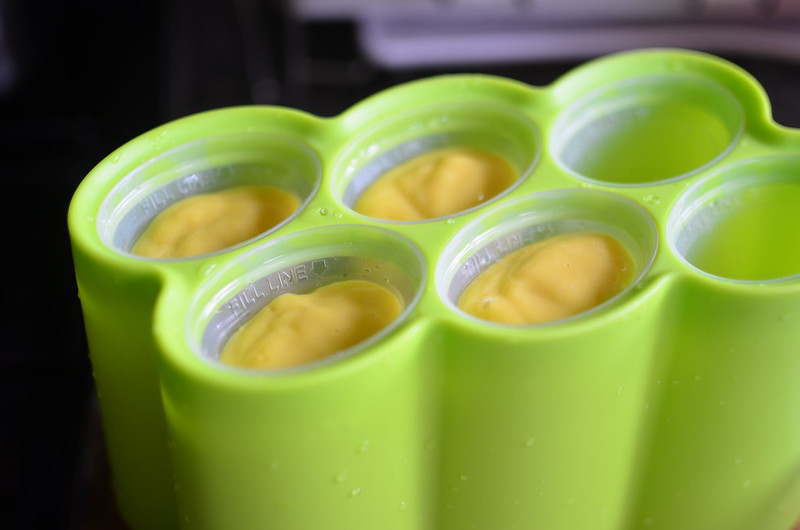 [wpurp-searchable-recipe]How to Process Mangoes – – – [/wpurp-searchable-recipe]
[wpurp-searchable-recipe]How to Process Mangoes – – – [/wpurp-searchable-recipe]


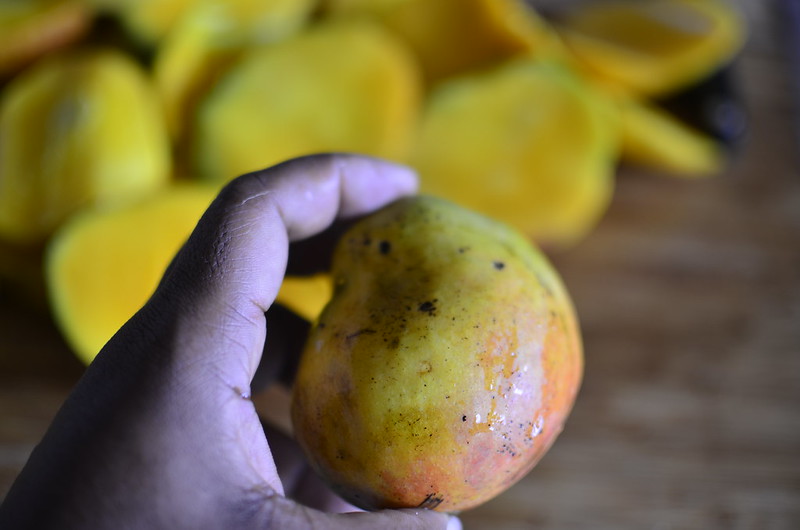

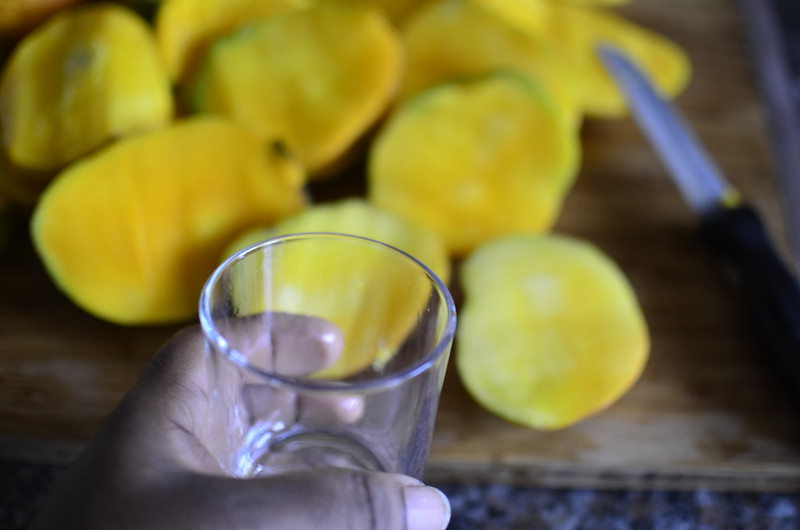

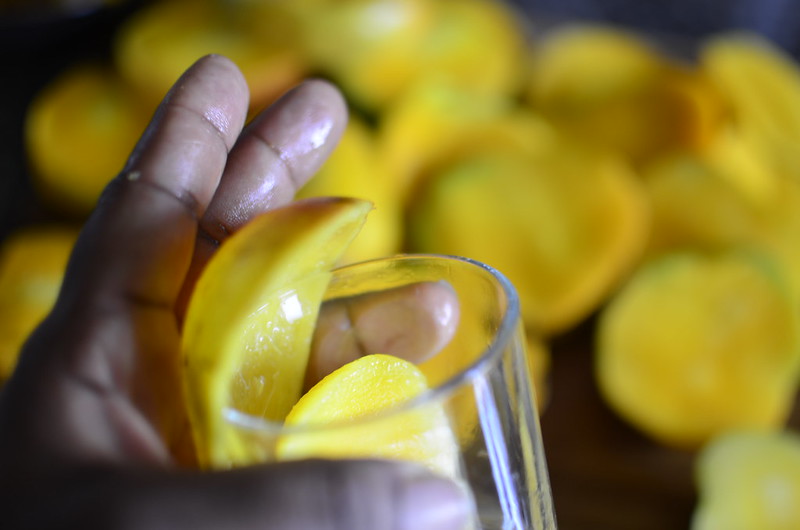

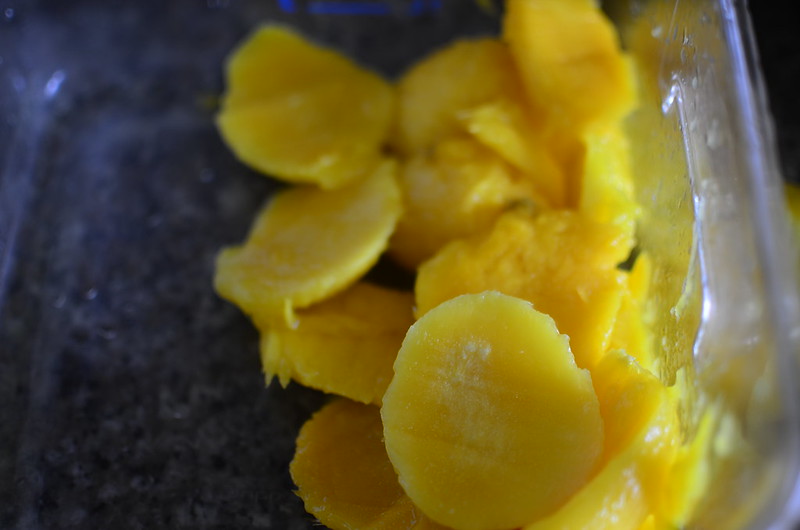

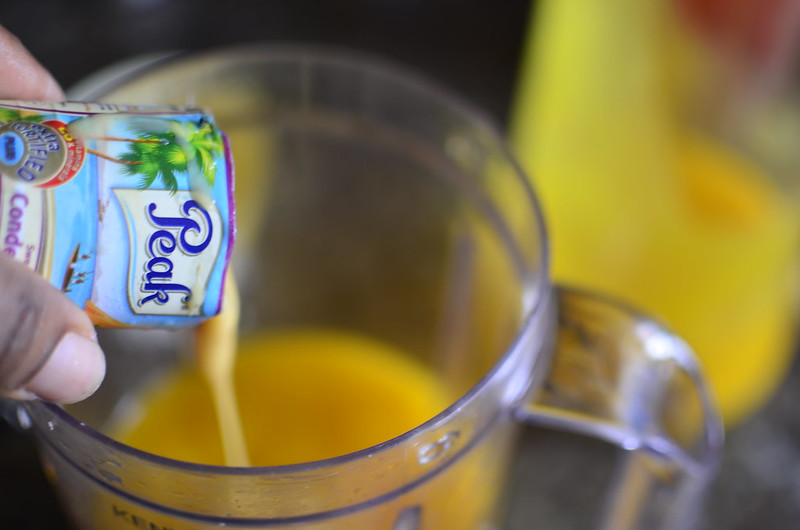
Leave a Reply